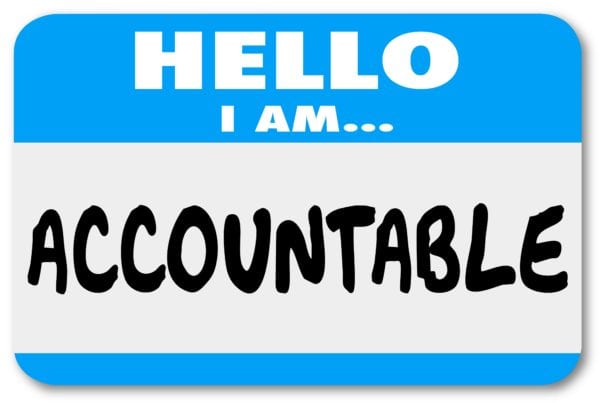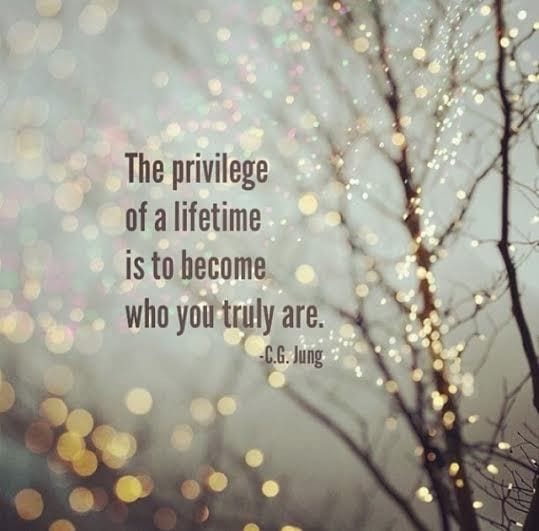I’m sitting here on a cold Atlanta morning writing a few paragraphs in my
autobiography before work.
I’ve loved the process of revisiting my life, remembering long-forgotten details of my musical adventures and travels. The book is about half-finished and I find myself slowing down so it’s not over too soon.
As much as I’ve enjoyed getting my time on this planet down on paper, I’ve struggled with a word that’s been on my mind in many contexts: vulnerability.
How much do I share in my book? What will the consequences be if I reveal a difficult family struggle or challenging emotions?
Coincidentally, the trend of vulnerability in business, even among top leaders, is increasing. Research shows that when leaders can be vulnerable, they set the tone for psychological safety which is a crucial factor in employee engagement.
So, problem solved. I’ll be vulnerable in my book, leaders can be vulnerable with their organizations, and all will be right with the world, right?
Not quite. While vulnerability is one option for engagement, and it’s a very positive one, that word does not have the same meaning to all people across the board.
In fact, for some the word “vulnerable” means unsafe.
I recently read an article called The Dangers of Courage Culture and Why Brene Brown Isn’t For Black Folk. https://drcareyyazeed.com/the-dangers-of-courage-culture-and-why-brene-brown-isnt-for-black-folk/
The article’s author, Dr. Carey Yazeed, a behavioral scientist who specializes in psychological safety in the workplace, references popular researcher Brene Brown’s messaging. Brown encourages people to be courageous, to lean into difficult situations, and to own and embrace our vulnerability.
As Dr. Yazeed points out, however, to be vulnerable you need a sense of trust and safety. For many Black women, she shares, those two things are consistently absent.
She writes, “When Black women show vulnerability there are consequences such as being labeled angry, aggressive, mean, difficult to work with, or unable to handle our role.” As a result, some may choose silence to protect their vulnerability.
Similarly, vulnerability has different meanings across cultures. In some cultures, you share of yourself, but only with close friends. In others, sharing your struggles in the workplace is an act of bonding.
So is vulnerability a good thing? I still say yes, AND it is not one size fits all.
In my coaching practice, clients from different communities will ask me “Should share this story?” Most of the time they are referring to something vulnerable.
Rather than answer yes or no, I start asking questions.
What’s important about that story to you? What would it be like to share it? What would it be like not to? What makes you feel safe or unsafe?
Vulnerability is not typically a comfort zone, and sometimes our fears are simply a result of preparing to step outside that zone. But sometimes they are more than that.
I invite you to encourage vulnerability in your organizations, but to allow for the multiple ways it shows up. More importantly, you must first create an environment where people feel trust and safety.
That starts with things like diverse representation, listening deeply to historically marginalized voices, and ensuring that vulnerability will be met with care, not punishment.
I am greatly enjoying my work with the People First Elevation Team, creating space in All-Hands meetings for different narratives of vulnerability. That work of learning, however, is never done.
In the meantime, I’ll keep writing my autobiography for the fun of it. One day you’ll read it, I hope, and I’ll probably be shaking in my boots all the way.





